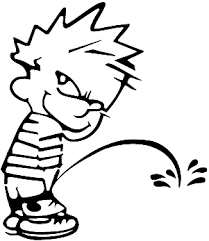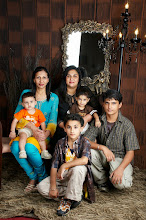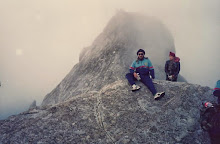 Boxborough junior Alexa Sikalis will play for the third time for the US Junior Olympic field hockey team. (Travis Dove for The Boston Globe)
Boxborough junior Alexa Sikalis will play for the third time for the US Junior Olympic field hockey team. (Travis Dove for The Boston Globe)ALEXA Sikalis spent a great deal of her youth on a soccer field. Laura Sikalis, as the head field hockey coach at R.J. Grey Junior High School in Acton, was hoping that her daughter would shift her attention to field hockey, a sport that she had grown to love.
So when Alexa picked up a stick for the first time, it was to appease her mother. She played for the seventh grade squad. Now, she is considered one of the best young field hockey players in the state.
On Aug. 12, the Acton-Boxborough junior heads to Ann
"I hadn't ever played before, but my mom really wanted me to try it," said the 16-year-old, who helped power Acton-Boxborough to the Division 1 state field hockey championship last fall.
"I played in seventh grade and she was my coach, but it wasn't until the summer before high school I thought, 'This is the sport I want to play, sign me up for it all.' "
"That's when it all took off and I really fell in love with it on my own."
Now Sikalis and her mother hit the turf almost every day; they work on passing, which is the strength of Sikalis's game, and perfecting her fundamentals.
Laura Sikalis, who developed her skills playing for the perennially powerful Watertown High program, attends most of Alexa's games and was the first person A-B head coach Mae Shoemaker approached when Alexa was a freshman.
"I knew Alexa would be a starter her freshman year," said Shoemaker, who guided A-B to a 6-4 win over Shrewsbury in the state final.
"I wanted her mother to know we would take care of Alexa. She is probably the most understated player I've ever coached. You don't know what you're getting until she's out there in the middle of a game. She's a complete player but you'd never know it from seeing or meeting her."
Indeed, the 5-foot-1 center/forward doesn't come off as one of the most dominating players on the field. Her work ethic and dedication to her training, though, are what have allowed her to be a member of the US Field Hockey national team four years running.
USFH coaches select the Junior Olympic roster.
In the fall, Sikalis is a mainstay for A-B. In the winter, she plays for the Cape Ann Coalition, which traveled to Virginia Beach, Va., for the indoor championship in February. This spring, she played high school varsity girls' lacrosse.
"I don't know what makes me love it so much," said Sikalis. "I love being on a team, playing a different kind of sport. I would love to someday play for the Olympic team, but the competition level is so high. Right now, college hockey is on my mind for my next goal, and then we'll see what happens from there."![]()







